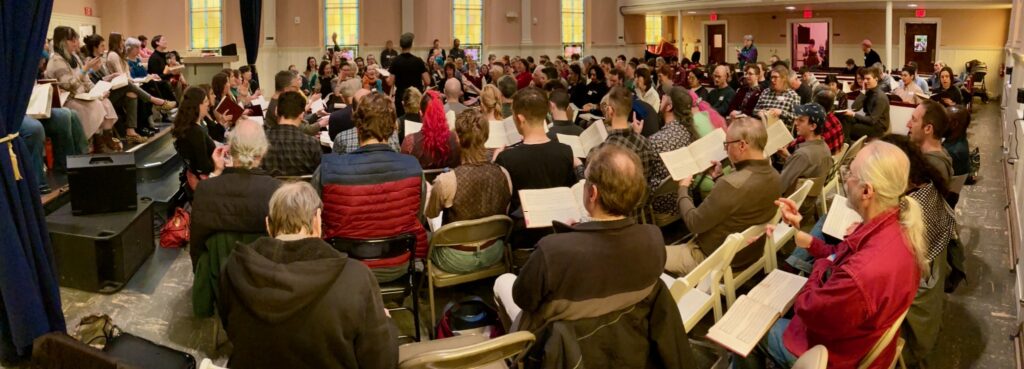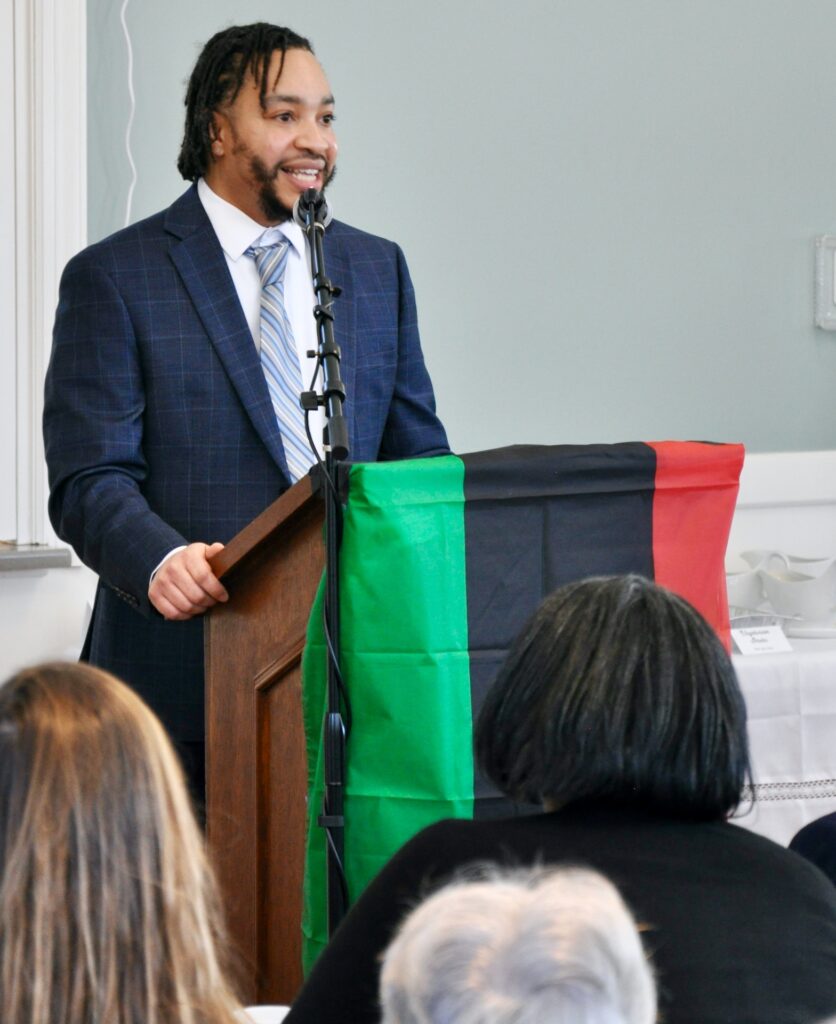Seiji Ozawa, long-time music director of the Boston Symphony Orchestra (BSO), has died.
From 184 to 1987, I had subscription tickets to the BSO — Thursday nights, the so-called “jump seat” in the second balcony, one of the cheapest seats in the house. I remember several transcendent experiences with Ozawa on the conductor’s podium.
The Mahler symphonies; as I recall I heard the second, third, fifth, seventh, and the ninth. Although I can no longer remember the specifics — I have a terrible musical memory — I remember the emotional and spiritual effect Ozawa’s Mahler symphonies had on me.
Three Tableaux from Messiaen’s opera “St. Francis of Assisi,” complete with bird song written into the score, had a tremendous effect on me as well. I hadn’t realized that music could do that — could draw directly on the natural world, could bring the non-human world directly into the concert hall. Messiaen was in the audience that night, which added to the magic.
I mostly remember Ozawa conducting twentieth century music. I had little interest in music from the Baroque, Classical, or Romantic eras. But that’s what Boston audiences wanted: Beethoven, Bach, Brahms, Mozart, over and over again. I still remember attending one of the Friday afternoon concerts (I must have gotten a day off from work), and watching as the rich old blue-haired ladies deliberately stood up and pushed their way out of their seats five minutes into some piece of new music, their nasty way of stating to the whole world that They Did Not Approve. And the hell with the concert-goers whose toes they crushed on the way out.
The self-proclaimed cognoscenti in Boston were exactly like the rich old blue-haired ladies in that they never approved of Ozawa. Take Richard Dyer of the Boston Globe — he seemed to hate Ozawa, and never missed a chance to badmouth him. Sometimes my father and I would attend the same concert, and we’d read Dyer’s review and wonder if he went to the same concert as we did. Even after Ozawa’s death, Dyer couldn’t resist taking potshots at him in the obituary he wrote for today’s Globe — if you only read Dyer’s obit, you’d wonder why in hell the BSO kept such an incompetent socially awkward idiot as their music director for so many years. (I wish I hadn’t read Dyer’s obit; it only served to sully the memory of a brilliant, charismatic, dynamic musician.) Why did the Boston cognoscenti hate him so much? Probably because he was dashing, charismatic, exciting, innovative — all of which are character traits which Boston has historically despised. Plus he wasn’t White. I still say Boston is the most racist city I’ve ever lived in, and hating on Ozawa seems to me to be yet another manifestation of that racism. God knows why Ozawa put up with it for so long, but I’m grateful that he did.
I’ll end with a brief memory of the most memorable concert I ever experienced.
It was Thursday night, November 29. On the program: one of the greatest of all symphonies, Mahler’s Ninth. I took my seat at the back of the second balcony in Symphony Hall, excited to hear the Ninth live for the very first time in my life. The orchestra was much larger than usual, filling the entire stage. Ozawa entered to the usual applause.
The first movement was mind-blowing — I just didn’t realize how huge the sound of a Mahler orchestra was, and I didn’t realize how deeply moving Mahler’s music got towards the end of his career. Looking back, I think my brain was being rewired by what Mahler was saying. The movement ended, and Ozawa stepped off the stage. And we waited. And waited. For nearly twenty minutes. Ozawa’s brother Katsumi had died of a stroke the day before, at age 56, and Ozawa must have been crippled with grief. But he came back on stage. He finished conducting the Ninth, and somehow all the emotion and grief and feelings of love for his brother came through. No doubt Richard Dyer wrote a scoffing review of the performance, but it remains one of the most memorable musical experiences of my life. Ozawa had created music with the deepest feeling possible.
Ozawa wasn’t able to conduct the performances of the Ninth on Friday or Saturday; the BSO had to bring in a substitute. We who were there on that Thursday were the only ones to hear music from Ozawa’s deepest soul; at what cost to him I cannot imagine. But I’m eternally grateful to him for that gift he gave us that night; I’ve never forgotten it; it change me and made me a better person. What more can we ask of the arts?


